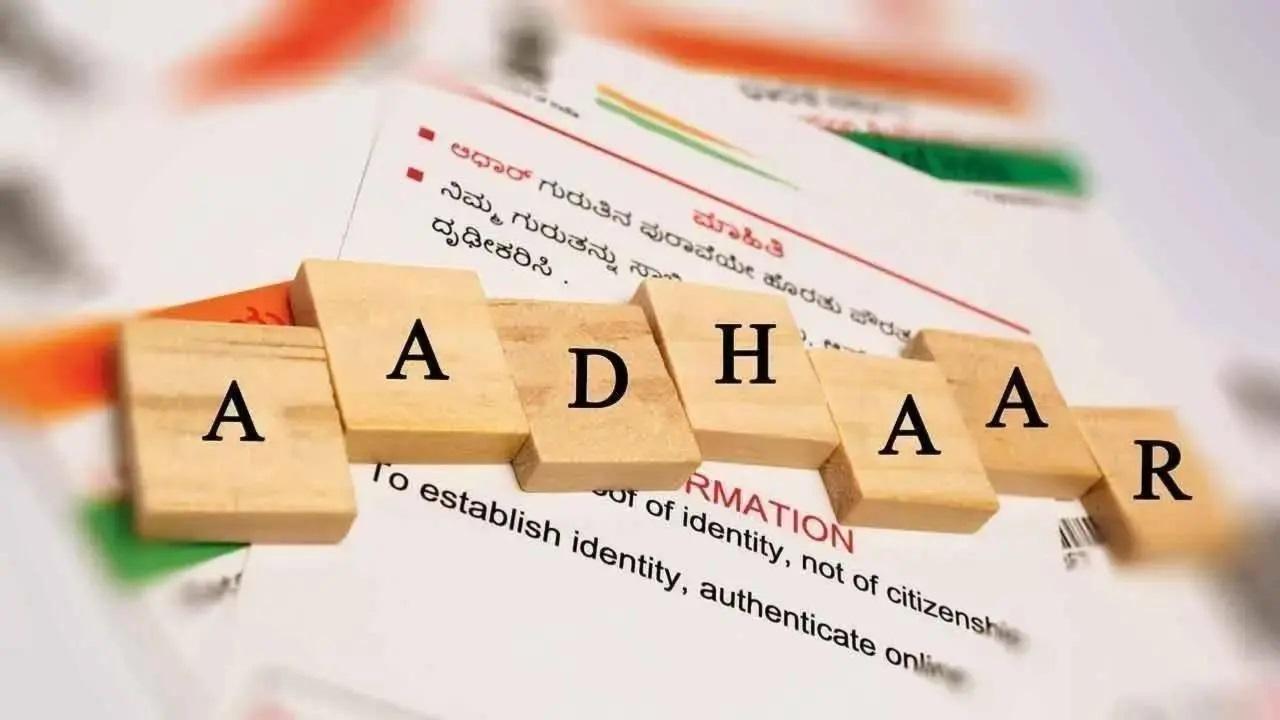The UIDAI withdrew a recent notice which cautioned people against keeping copies of their Aadhaar card with organisations as these could be misused, after it caused a stir among netizens. As data becomes more valuable with each passing day, practice these steps to prevent making your details public

Image for representational purpose only. Photo: istock
On Twitter, the Unique Identification Authority of India (UIDAI), or Aadhaar as it is more commonly known, put out a tweet telling Indians to “exercise normal prudence in using and sharing their Aadhaar numbers”. It came after the Bengaluru Regional Office of UIDAI issued a press release, in the context of an attempt to misuse a photoshopped Aadhaar Card. The press release stated, “Do not share a photocopy of your Aadhaar with any organisation because it can be misused”.
ADVERTISEMENT
Their word of caution is among several other safety guidelines in the last few years since the card was first introduced as a necessary official document in India. The UIDAI has gone back and forth with their views about the details in the document being available publicly and have been criticised for it too. The latest tweet is no different as it also drew flak from a lot of people who pointed out that it would be difficult to avoid it now as details have been shared with so many people over the years.
#Aadhaar holders are advised to exercise normal prudence in using and sharing their Aadhaar numbers.
— Aadhaar (@UIDAI) May 29, 2022
In view of possibility of misinterpretation the press release issued earlier stands withdrawn with immediate effect.https://t.co/ChmbVs8EjJ@GoI_MeitY @PIB_India
According to the UIDAI website, the Aadhaar is a 12-digit individual identification number which serves as proof of identity and proof of address for residents of India. The Aadhaar card not only has your house address but also has your phone number and email id too. Over the years, there have been many concerns that have been raised about how the document poses quite a few problems for many citizens of India, one of the major issues is with privacy and data-sharing. In 2018, UIDAI had said it was safe to share the Aadhaar card details because it was an identity document. This came after a researcher who goes by the name Elliott Alderson, said the Android application had security issues.
Here are some tips to prevent your Aadhaar card details from being misused
Among the different kinds of cases that have come to light, eight bank employees were arrested in Chandigarh for putting their own photographs on people’s Aadhaar cards to secure loans to buy expensive phones in 2018. It is important to remember to follow general rules while making use of government documents such as the Aadhar card.
Maintaining general alertness
People must remember to take back the document after giving it for a photocopy, avoid sharing details with representatives without first verifying their details and asking why they need your Aadhaar information. It is important to also not leave them on computers that do not belong to you and simply delete them as there is a possibility of the details being misused. While the press release dated May 27 mentioned this with regard to internet cafes and kiosks, this is also applicable outside of these spaces as the possibility of something like this happening with shared computers among several people or in the office space are also highly likely.
Masking your e-Aadhaar
The initial press release had suggested using a masked Aadhaar so that the people who are asking for the details can see only the last four digits. The UIDAI suggests masking your Aadhaar card when sharing with people. Masking the e-Aadhaar means that instead of revealing all 12 digits of the Aadhaar Number, it will only reveal the last four, as the first 8 digits will be replaced with 'xxxx-xxxx' to prevent people from misusing your Aadhaar card.
Locking Aadhaar and biometric
The government has also brought out ways to protect one’s Aadhaar information. Indian residents can lock their Aadhaar and the biometric too. Citizens can lock their 12-digit Aadhaar number and opt to use a 16-digit Virtual ID instead. The portal also gives the option for a user to lock their biometrics and this will prevent them from using their biometrics for authentication. People can also unlock these at any time.
Updating mobile number and email ID
The UIDAI also suggests keeping one’s mobile number and email ID updated at all times, by visiting the nearest Aadhaar centre. This could help avoid falling prey to an online malware fraud where fraudsters ask people to click on a malicious link to verify their mobile number or email ID.
 Subscribe today by clicking the link and stay updated with the latest news!" Click here!
Subscribe today by clicking the link and stay updated with the latest news!" Click here!







